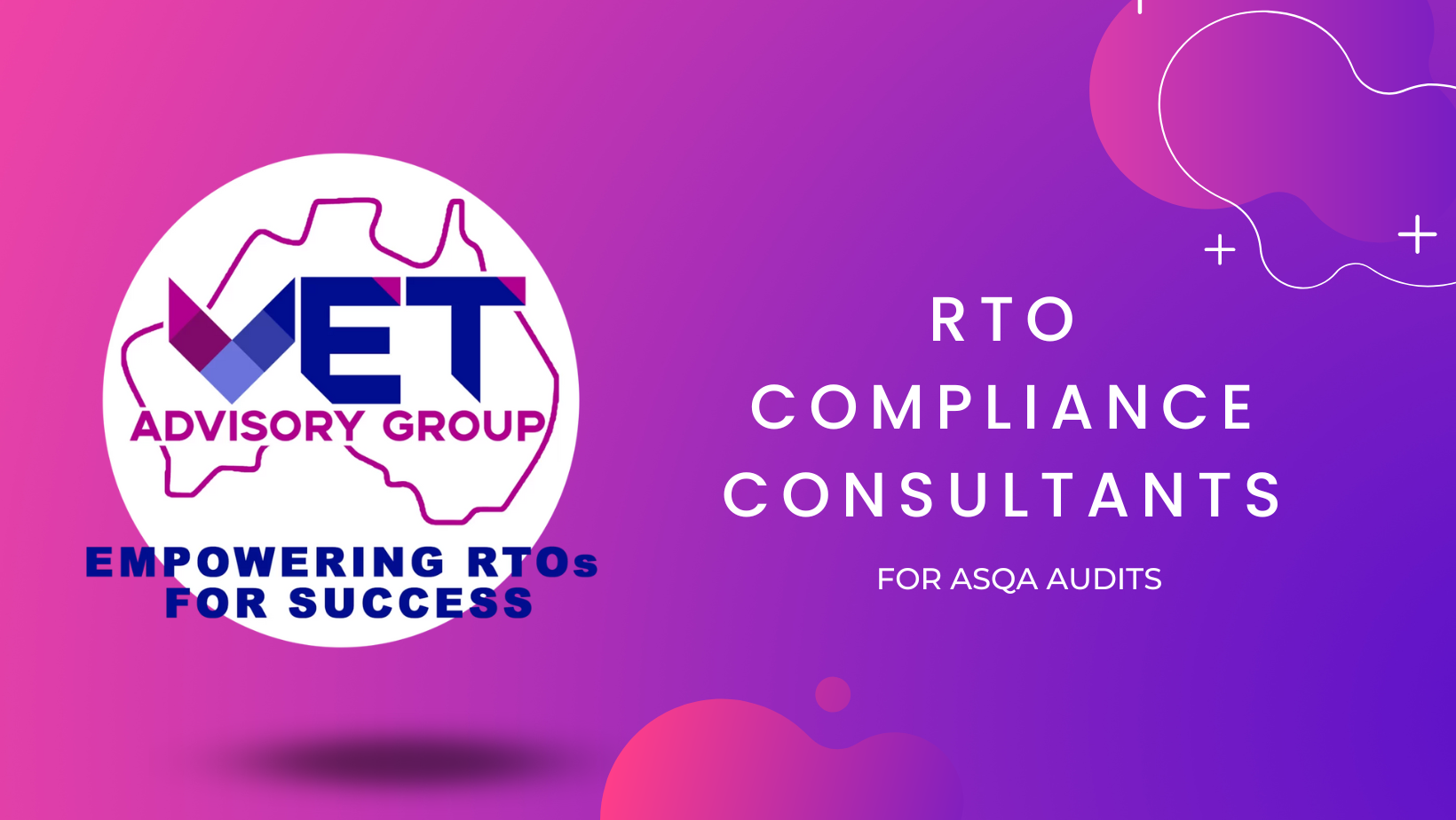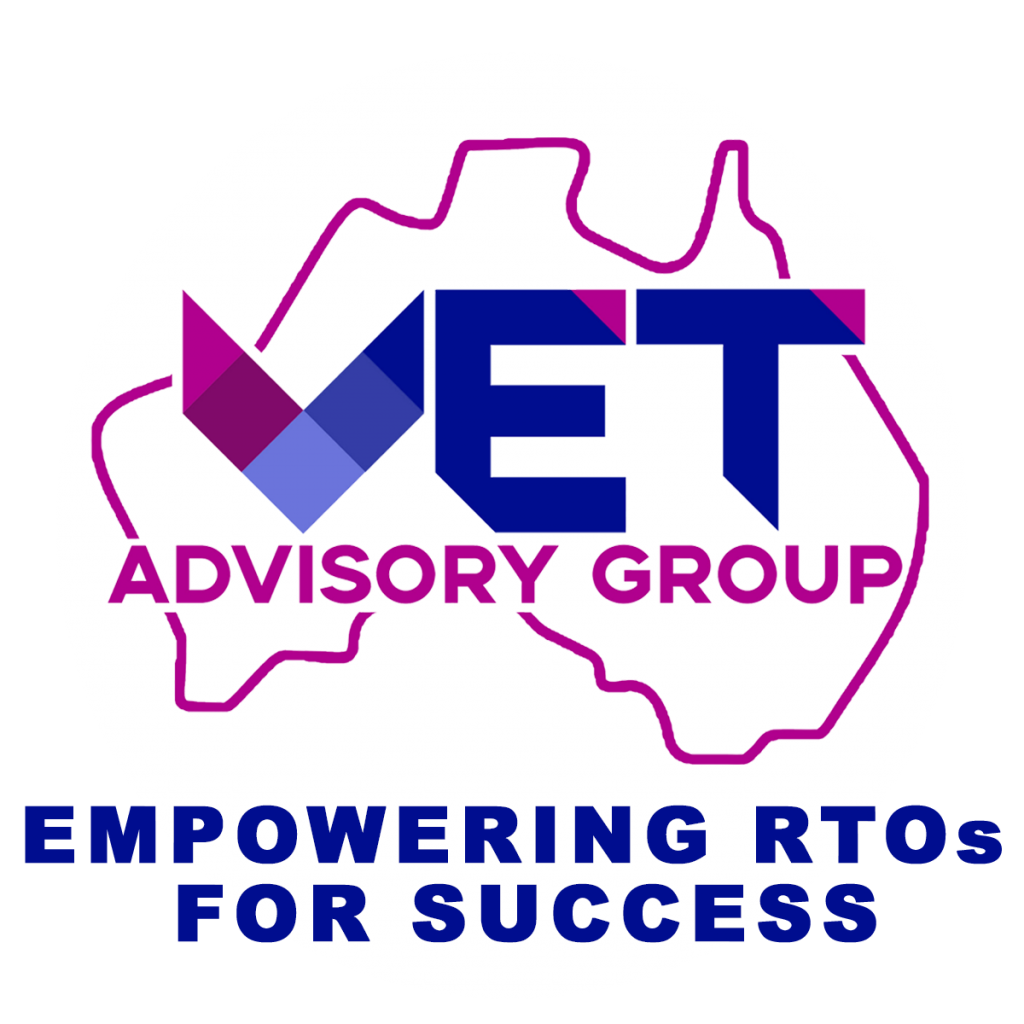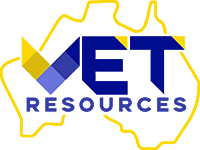
For Registered Training Organisations (RTOs), undergoing a performance audit by ASQA can be a daunting and critical. ASQA RTO audit process is designed to ensure compliance with national standards and maintain the integrity and quality of vocational education and training in Australia.
However, with careful preparation and a proactive approach, RTOs can successfully navigate the compliance audit process and emerge stronger than ever.
In this blog, we will explore invaluable tips and tricks to help RTOs not only survive but thrive during an ASQA performance assessment. We offer practical insights and strategies to help your RTO comply with regulations, improve quality, and maintain a good reputation. We offer system and procedure establishment services. We also encourage a culture of continuous improvement.
To maximise your chances of success in an RTO audit, there are several steps you can take.
- Approach it as a legal process.
- Test your compliance practices and ensure they meet ASQA’s requirements.
- Stay up to date with any changes to those requirements.
- Review your relevant documents and ensure they are accurate and current.
- Consider engaging external advisors to provide additional support and guidance.

So, let’s delve into the world of ASQA audits and equip your RTO with the knowledge to conquer the performance assessment process confidently.
Understanding ASQA’s Focus on Performance Assessment
During performance assessment, ASQA will evaluate an RTO’s past and current practices to determine whether they are operating in accordance with the Standards. This assessment is crucial in determining whether an RTO’s application should be approved or whether they need to address non-compliance issues. ASQA’s performance assessment can take up to 34 hours to complete. RTOs must align their practices with the Standards to avoid non-compliance issues during ASQA’s performance assessment.

For more information on ASQA’s fees and charges, visit their website.
Understanding the ASQA Audit Process:
ASQA audit is a 3-stage process: pre-audit, on-site audit, and post-audit. To get ready for the audit, it’s crucial to understand the ASQA audit model.
- During the pre-audit stage, ASQA will assess your RTO’s risk level and determine the scope of the audit. This is where you need to prepare for the audit by reviewing the audit model and ensuring that your RTO meets all the requirements.
- The on-site audit is the most critical stage, where ASQA will thoroughly assess your RTO’s compliance with the ASQA Standards. Having all the necessary documentation and evidence ready for the audit is essential.
- After the on-site audit, ASQA will provide you with a draft audit report, which you need to review and respond to within 20 working days. After an audit, any non-compliances must be addressed and evidence of rectification provided.
VET Advisory Group offers assistance in preparing for ASQA audits and ensuring RTO compliance. Contact us for more information on our professional services.
Key Steps of an ASQA RTO Audit
When ASQA initiates an audit, the process is typically a thorough evaluation of the organisation’s operations. In most instances, a dedicated team of auditors are assigned to the task, who will review documentation and interview RTO staff to ascertain compliance.
There are a few scenarios in which an audit may be initiated – such as
- for new registration or
- for renewal of registration
However, some circumstances may arise from information indicating your RTO is non-compliant.
The key steps involved with an ASQA audit include
- Initial contact with the auditors to discuss when they will arrive to undertake the onsite elements;
- Familiarising yourself and your staff with what is required during the audit;
- Preparing evidence so that you can answer any questions posed;
- Having auditors visit your facility and observe operational aspects such as delivery of training, conducting interviews with staff;
- Submitting requested documents;
- Being provided with an Audit Summary Report outlining non-compliance issues (if any);
- Developing and implementing an Action Plan to address these changes that need to take place.
It’s important to note that even if there were no non-compliances identified, this does not mean you have passed the audit.

Planning the RTO Audit
Planning an RTO audit must be taken seriously, as it is important to ensure that all necessary preparations are made. Every audit is customised to address each RTO’s unique needs, which means that a structured process must be followed. This includes the auditor initiating contact with the organisation they are auditing, in order to confirm the audit date/s and time as well as to outline the scope of the audit.
The auditor will usually require pre-audit evidence or information and will advise whether an onsite interview or video conference is more appropriate for delivering such evidence.
It is also wise to consider what might have changed since your last audit and which areas need closer examination from the auditor’s perspective – this enables the organisation being audited to plan ahead and strategise for their next audit cycle. Finally, enlisting the help of experts can be beneficial in ensuring that your RTO gets through its next audit smoothly and successfully.
Conducting the RTO Audit
The RTO audit is a comprehensive process that evaluates an organisation’s performance, ensuring that it meets and continuously adheres to industry requirements. The process begins with an opening meeting between the auditors and key personnel from the organisation, which confirms the reasons for the review and outlines the whole procedure.
Following this, evidence collections require interviews with various stakeholders, review of submitted materials, and other data analysis techniques such as financial records or compliance history. Furthermore, these findings are then returned back to designated members of staff at the closing meeting. This final part of the audit allows any issues identified during its proceedings to be discussed by both parties and actions can be put in place to remedy them if required.
Decision and Next Steps
The audit report is one of the most important documents used to assess the compliance of your RTO. It will be written by an auditor who has experience in quality assurance and assessment activities relating to RTOs. The auditor will evaluate your operations against the applicable standard, spot any issues, and identify the next steps you need to take. After receiving the audit report, you can then discuss the findings with ASQA and decide on appropriate corrective measures.
If ASQA finds your RTO non-compliant, you will receive both your audit report and a notification letter. Here, you should be aware of the hourly charge of $250 per hour per auditor which is payable for conducting this kind of audit. You also need to prepare an action plan outlining how you plan to fix any non-compliant areas that have been identified in order to satisfy ASQA’s requirements and gain compliance status. This action plan must be submitted to ASQA within 28 days of receiving the notification letter so they can monitor your progress on these areas and consider your application for approval accordingly.
How to prepare your RTO for an ASQA audit?
It’s essential for RTOs to prepare for an audit by ASQA at any time. To maintain sound business practices, consistency is critical. This includes having quality learning resources, up-to-date policies and systems, and qualified trainers. When searching for training resources, ensure that they are of high quality and contain all necessary tools and processes for compliance and optimal learning experiences. Finding options with an audit rectification guarantee is also a good idea – meaning any resources you acquire instantly become compliant with ASQA if found otherwise during an audit. Taking these extra steps will help ensure all RTOs meet the compliance standards, preparing them for whatever may come their way in terms of audits by ASQA.
Here are some tips and tricks for RTOs to survive an ASQA audit:
Understand the Standards and Requirements
Before an ASQA audit, it’s essential to understand the Standards for RTOs and the requirements for compliance. RTOs must review their policies, procedures, and documentation to meet the standards. Knowing the audit process and what to expect during the audit is important.
Prepare Your Documentation
Documentation is a crucial aspect of an ASQA audit. It is important for RTOs to keep their policies, procedures, and documentation current and easily accessible. It’s also important to have evidence of compliance with the standards, such as assessment records, student files, and trainer qualifications. Organising your documentation in a clear and concise manner will make the audit process smoother.
Train Your Staff
Compliance with standards requires staff training. RTOs must guarantee that their trainers and assessors are qualified and competent to provide training and assessments. It’s also important to provide ongoing professional development to keep staff up-to-date with industry trends and best practices.
Conduct Internal Audits
Internal audits are an excellent way to identify and correct compliance issues before an ASQA audit. Internal audits should be conducted regularly to ensure ongoing compliance. It’s also important to have a process in place for addressing any identified non-compliance issues.
Maintain Communication with ASQA
Maintaining communication with ASQA throughout the audit process is crucial. RTOs should provide timely responses to requests for information and be open and transparent with ASQA. It’s also important to promptly address any issues identified during the audit.
Pass Your ASQA Audit With Confidence
Preparing for an ASQA audit can be an intimidating experience. Our team of experts can help ensure your RTO remains compliant with national standards and passes audits with confidence. We offer valuable advice and guidance on preparing for audits and staying up-to-date with regulations. Trust us to keep your organisation in good standing.
You don’t have to handle this alone. To book a consultation, contact us via email or phone. We’ll get back to you within 24 hours. During the consultation, our team will explain what’s necessary for you to pass your ASQA audit with confidence. By staying compliant now, you can ensure that everything from here on out remains just as straightforward as possible!
What happens after the audit?
Upon completion of the audit, your auditor will typically advise you of any findings that have been uncovered. A formal audit report will then be provided and may identify any non-compliances against best practices and quality standards set out by regulatory bodies such as CRICOS and RTO. You should ensure that this report is reviewed in detail as it is critical to rectifying any issues found and ensuring compliance with regulations.
If any non-compliances are identified, you generally receive 20 working days from the date of the audit report to provide evidence demonstrating your compliance. This could include issuing documentary evidence or providing proof of action taken to rectify an issue. It is important to make sure that all documentation submitted is accurate, timely, and fully compliant, as you only have one opportunity to present your compliance with regulations. Failure to do so can potentially result in serious consequences for your CRICOS and/or RTO registration.
What to do if you’re non-compliant?
Providers must follow compliance measures set by regulatory bodies like ASQA during the audit process. If any non-compliances are discovered during audits, the organisation’s responsible parties will receive immediate notification and a formal audit report outlining the non-compliance findings. The auditee has 20 working days to show ASQA that they’ve taken steps to rectify any errors and maintain their compliance – all evidence proving this must be given during that time. Organisations that fail to comply may face sanctions or registration cancellation. Staying current with regulations and maintaining compliance is crucial for organisations throughout their registration.
Looking For RTO Compliance Consultants For An Upcoming ASQA Audit?

Do you have an upcoming Australian Skills Quality Authority (ASQA) audit for your RTO? You must ensure your organisation complies with the national standards before undergoing an ASQA audit. Failing to meet these requirements may put both your RTO and CRICOS registration at risk of being suspended or cancelled.
That’s why professional compliance consultants like VET Advisory are here to help. Our highly experienced and knowledgeable team can assist you in undertaking a comprehensive internal audit of all systems, processes, documentation and any other areas needed. Our rigorous assessment will cover every aspect of your operations before the official scheme audit by ASQA, so that any potential non-compliance issues can be addressed in time.
We provide advice on best practices and procedures on how to maintain continual as well as long-term compliance in regards to national standards. With our guidance, you can rest assured that your RTO remains in good standing with relevant legal requirements – giving you peace of mind for a successful outcome when facing an ASQA audit.
Suggested Read: ASQA Compliance Simplified: Your Complete Guide to the Annual Declaration on Compliance

